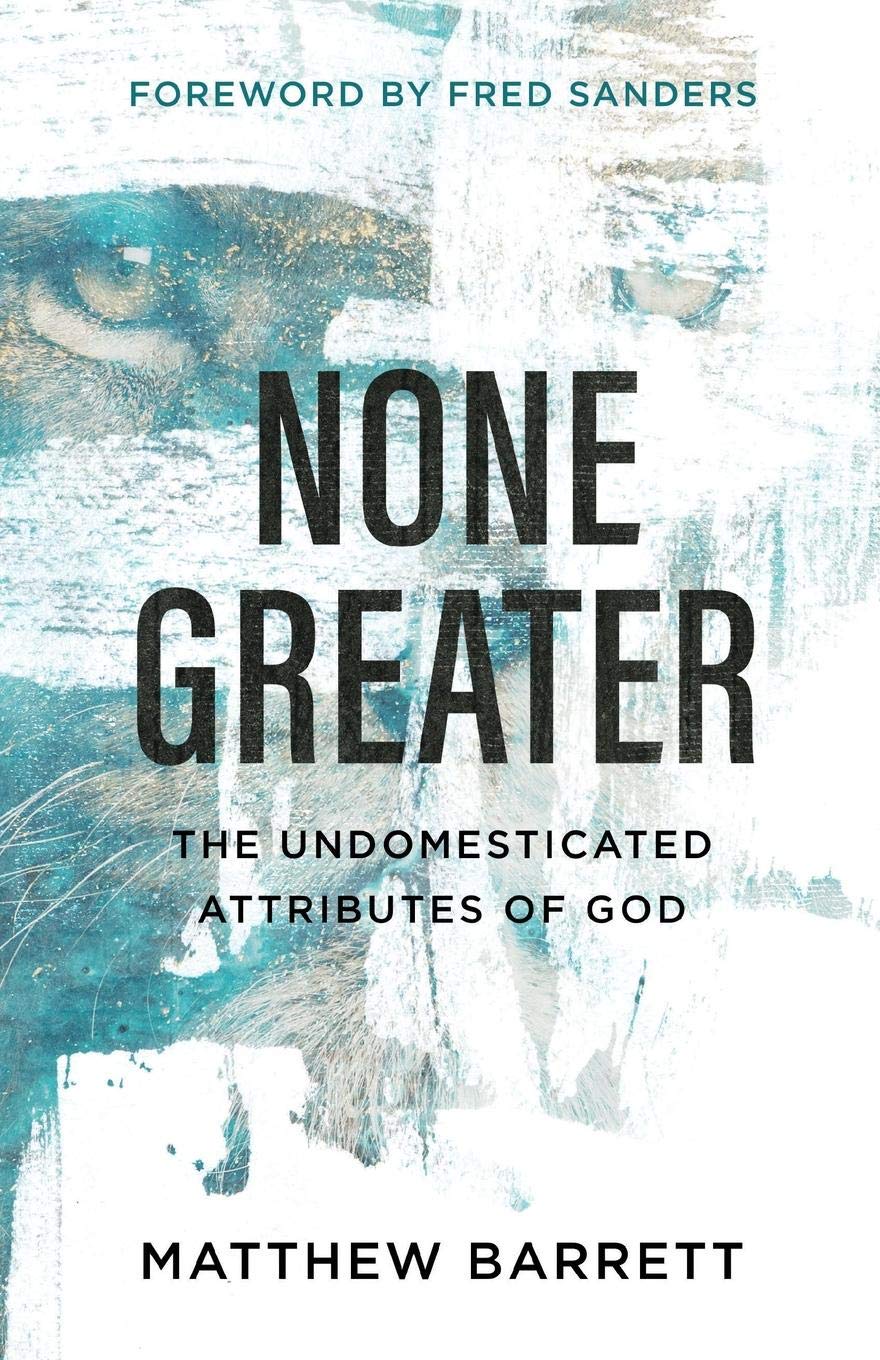A Book Review from Books At a Glance
by Ryan McGraw
God is unsearchable, but thankfully he is not unknowable. When we say true things about God, but feel that he is somehow still beyond us, we should take heart that we are dealing with the true God. He is always beyond our comprehension, but, in Christ, he is never beyond our reach. Responding to impoverished views of God in today’s church, Matthew Barrett presents a classic doctrine of what God is like, making his attributes accessible and devotional for modern readers. This book is not primarily for scholars, but for churchgoers (xvii). The author achieves his goals admirably, with the importance of divine simplicity looming large throughout the book.
In twelve chapters, Barrett moves readers from the incomprehensibility and knowability of God through a host of divine attributes. While God’s attributes defy classification and remain beyond us, Barrett shows that God revealed what he did so that we can know and worship him. His treatment includes many attributes controverted and questioned today, especially simplicity (ch. 5), immutability (ch. 6), and impassability (ch. 7). Glancing at the table of contents, it may appear that holiness is muted, even though holiness predominates in many passages of Scripture. However, there is a simple reason for this fact. Barrett includes holiness while treating other ideas like simplicity, immutability, and righteousness (e.g., 10; ch. 11, extensively). The important idea is that since God is his attributes, no attribute takes priority over others and every attribute is implied in all the rest.
This book differs from many others by showing the interrelationship of the divine attributes, rather than giving a mere list of them (10). Divine simplicity, which teaches that God is his attributes, stands out throughout the entire work, making it a large-scale and compelling defense of this oft disputed, yet vital, doctrine. The same comments apply to his treatment of impassibility in chapter 7, which is a corollary to immutability and simplicity. Barrett shows well that the fact that God cannot be moved by anything outside of himself secures his stable compassion and promises towards his people (123). Remembering that we cannot define God, but we can only describe him as he reveals himself in his word, Barrett drives his readers to know their God, through Christ, by the Spirit. His treatment is readable, well-argued, and devotion-inspiring.
This excellent book has many strengths, but two stand out. First, Barrett draws readers step by step through Scripture texts and the reasoning of such texts in relation to God’s attributes. This has the advantage of showing how divine attributes appear in Scripture, why they do so where they do, and what their doctrinal and practical implications are. Divine attributes are not abstractions, but concrete revelations of who God is and how he works in relation to his people in covenant. This point shines forth clearly on every page.
Second, it is refreshing to see a Protestant evangelical drawing from authors like Augustine, Anselm, and Aquinas in a responsible way. Remaining distinctively Protestant and Reformed, we should not forget that we belong to a broader catholic Christian tradition and that such theologians are our theologians. Some of their ideas need correction, but in the case of Aquinas particularly, there would virtually be no historic Reformed doctrine of God without him. Barrett appeals to a host of Reformed authors as well, but in a way that never loses sight of our catholic Christian heritage. He shows us how to draw from this heritage responsibly.
The deficiencies in this volume are small. For example, while he relates divine immutability to divine “repentance” (104-107) he omits the commonly accompanying question as to whether Christ’s incarnation marked a change in God. While he treats this question in relation to the cross (129-134), he bypasses the harder historical questions related to the incarnation. Additionally, he appears to equate “apophatic” theology with making negative statements about God (e.g., immutable, eternal, etc. pg. 37). However, in eastern theology, apophatic theology means that God’s essence is unknowable, and not merely incomprehensible, which is a significant point of divergence.
Moreover, while the author rightly defends divine impassibility and rejects projecting human emotions onto God (129), he bypasses older treatments (such as Mastricht) on the divine affections. Affections in God are not equated with human emotions, and God remains immutable, but this point asserts that there is something in us analogous to God, reflecting his immutable being. This may appear to muddy the waters a bit without further explanation, but it is a fixture of historical theology and it is the incomprehensible God we are dealing with after all. Finally, as Christ exegetes the Father to us as no one else can (Jn. 1:18), it would be useful to show, as others have, more fully how Christ puts every attribute of God on display in brilliant color. These criticism are minor, however, and simply show readers that when what treats the attributes of God, even in an outstanding way, there is always more to say.
Barrett’s concluding remarks in his introduction are on target: “Our goal is not to walk away with mere knowledge, Rather, this knowledge of God is meant to lead us into worship” (14). Readers who take up this work prayerfully will naturally slide from theology to doxology as they study. What more could we hope for in a book on God’s character? Read this book and learn to love divine simplicity as you grow in faith and love towards the unfathomable God.
Ryan M. McGraw
Greenville Presbyterian Theological Seminary
